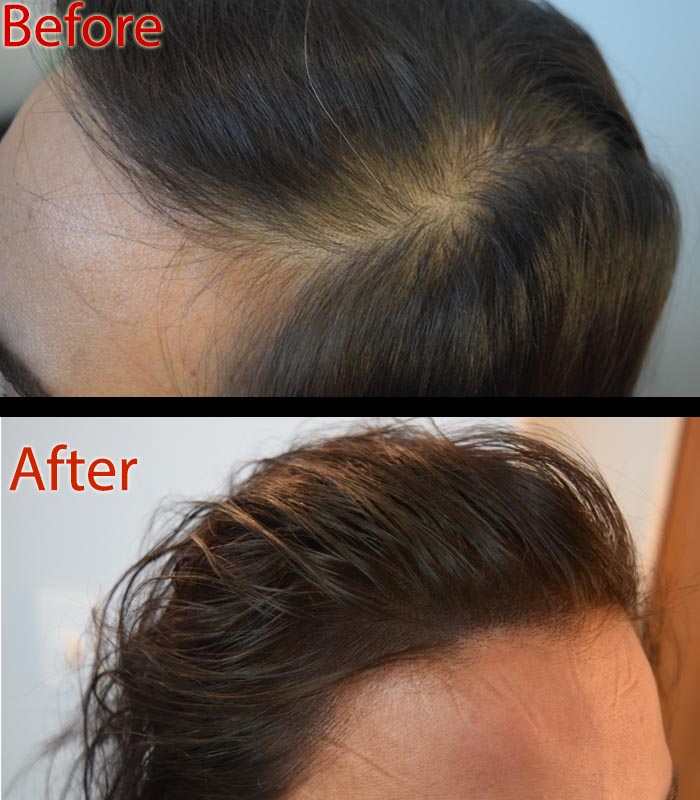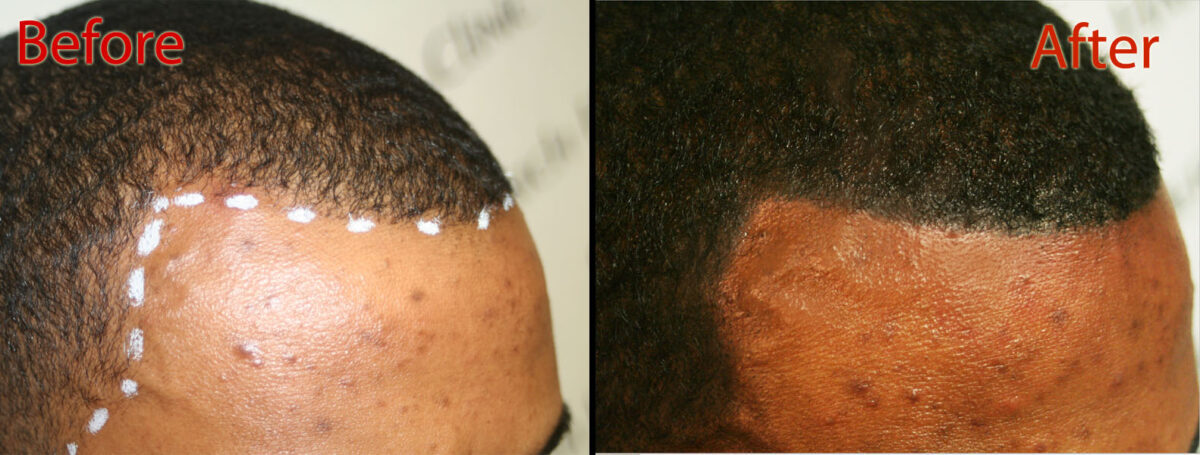Hair supplements can make a real difference when your diet isn’t giving you everything you need. They help improve blood flow to your scalp and make hair follicles stronger. Many women deal with hair thinning due to hormonal changes, and the right supplements for women hair health can help slow this process. Remember, supplements work best when combined with healthy eating habits. With consistent use, you can see noticeable improvements in hair thickness and growth.
Biotin and B-Vitamins Supplements for Women Hair Health
Biotin is essential because your hair is made mostly of keratin, and biotin helps your body produce it. The B-vitamin family works together to give your cells energy and help them renew faster. If you’re losing hair after having a baby, B vitamins can help your scalp recover more quickly. During perimenopause, when hair becomes brittle, these vitamins help restore strength. Throughout menopause, they help maintain the thickness you have left.
Iron and Essential Minerals
Low iron is one of the most common causes of hair loss in women. When you’re anemic, your body prioritizes vital organs over hair growth. Zinc helps balance your hormones and controls oil production on your scalp. Selenium acts like a bodyguard for your hair follicles, protecting them from damage. Copper helps maintain your natural hair color and prevents breakage. Getting enough of these minerals can prevent many types of female hair loss.
The Sunshine Vitamin for Hair
Your hair follicles have special receptors for vitamin D, which means this vitamin directly affects hair growth. Low vitamin D levels can make thinning worse, especially during menopause. This vitamin helps regulate the hair growth cycle and keeps women hair and scalp healthy. It also helps your body absorb calcium, which benefits both your bones and skin. A good women’s multivitamin usually contains adequate vitamin D levels.
Collagen and Protein
Collagen supplements help make your scalp more elastic and provide the building blocks for strong hair. They give your body the amino acids it needs to create keratin. If you’re dealing with postpartum hair breakage, hydrolyzed collagen can help repair damage faster. Protein powders are helpful if you don’t eat enough lean meat, fish, or legumes. Adequate protein supports both hair shine and thickness throughout all life stages.
Omega-3 Fatty Acids
Omega-3s reduce inflammation around hair follicles, creating a healthier environment for growth. They help balance hormones by reducing the effects of androgens that can cause hair loss. Fish oil and flaxseed oil improve blood flow to your scalp, bringing more nutrients to your hair roots. These healthy fats also make your hair shinier and stronger. Including omega-3s in your routine supports long-term hair regrowth.
Life Stage-Specific Hair Care
Postpartum
Your estrogen levels drop dramatically after childbirth, causing significant hair shedding around 3-6 months postpartum. Keep taking your prenatal vitamins to avoid nutrient deficiencies during this demanding time. Focus on iron and biotin to help your follicles recover quickly. Collagen can help restore your scalp’s elasticity. Gentle, targeted supplements can help shorten the shedding period from 12 months to 6-9 months.
Perimenopause
Hormone fluctuations during this transition often trigger noticeable hair thinning. Magnesium and vitamin D can help stabilize both your mood and hair follicles. Zinc reduces hair sensitivity to androgens (male hormones). B-complex vitamins support your energy levels and help hair cells renew themselves. The right supplements can significantly ease perimenopausal hair loss.
Menopause and Beyond
When estrogen and progesterone decline, your hair growth cycles change dramatically. Vitamin D and calcium become crucial for both scalp and bone health. Collagen and protein help maintain whatever density and shine you have left. Iron and mineral supplements reduce your risk of further thinning. Targeted supplementation can help you maintain healthier hair well into your later years.
Scalp Micropigmentation
For women who want immediate results without depending on supplements or hormones, scalp micropigmentation (SMP) offers a different solution. This procedure creates the appearance of fuller hair instantly, working for all skin tones and hair types. It doesn’t rely on your hormone levels or nutrient absorption. Rather, SMP provides natural-looking density and can fill in sparse areas effectively.
The results last for several years with minimal touch-ups. When done properly, it resists fading and washing out. SMP can address thinning from postpartum, perimenopause, and menopause at once. It gives you consistent results every day without ongoing treatment costs or daily maintenance.
Choosing the right practitioner is essential. Look for artists with specific SMP training and a strong portfolio of female clients. Verify they follow proper safety protocols and have recent client testimonials. A skilled SMP artist will ensure natural, long-lasting results that complement your facial features.
Find the best Arizona SMP practitioners at DermiMatch Clinic.


